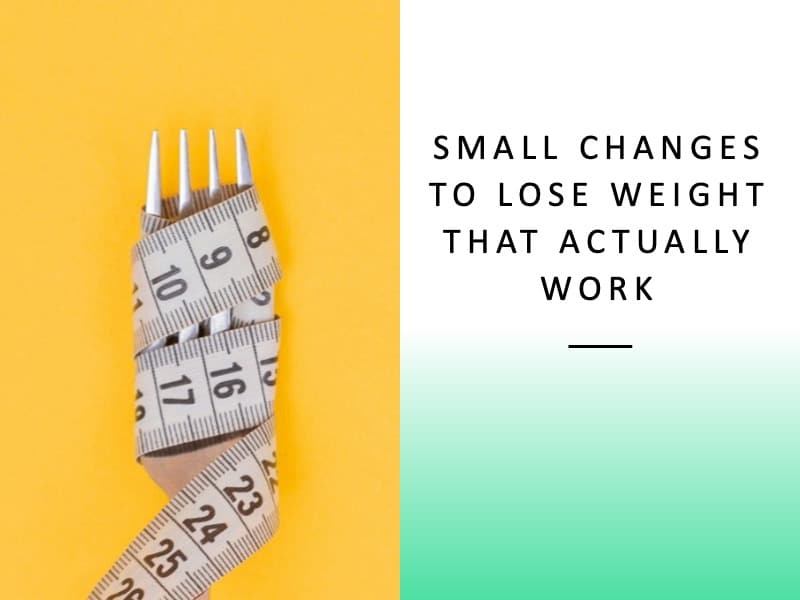5 Small Changes to Lose Weight That Actually Work
Small changes to lose weight that actually work can transform your body and habits without extreme diets or workouts by focusing on consistency over perfection.
Contrary to popular belief, losing weight doesn’t always require a complete lifestyle overhaul.
For many people, sustainable results come from making small, manageable changes that can be repeated daily.
As a professional basketball player with a Master’s Degree in nutrition education, I’ve spent nearly my whole life learning how the smallest decisions, whether dietary, behavioral, or environmental, can have a lasting impact on body composition and health.
These simple shifts can create powerful momentum, especially when they support your metabolic health, reduce inflammation, and improve consistency.
Whether you’re a busy parent, office worker, or active lifestyle advocate, these small changes to lose weight are proven to make a difference over time without demanding perfection.
Why Small Changes for Weight Loss Are Effective
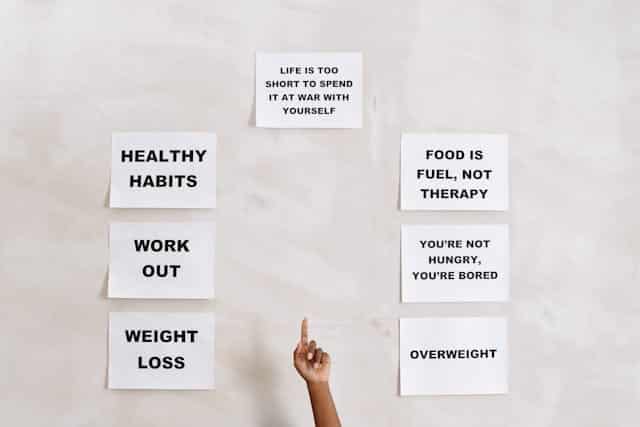
The truth is, the difference between gaining weight and losing weight often comes down to just a couple hundred calories per day.
Consuming even 150–250 extra calories daily, like a few handfuls of chips or an extra spoonful of peanut butter, can silently push your body into a caloric surplus.
Over weeks and months, that minor imbalance turns into stubborn weight gain.
The opposite is also true: burning or reducing just a small amount each day can create sustainable fat loss without overwhelming your body or willpower.
This is why small lifestyle changes to lose weight can be far more sustainable and effective than crash diets or extreme transformations.
The concept is similar to what James Clear explains in his bestselling book Atomic Habits, where he details how the British Cycling team transformed from perennial underachievers into Olympic legends through one simple principle: the aggregation of marginal gains.
Rather than overhauling everything at once, their coach, Dave Brailsford, focused on improving every small detail by just 1%.
From bike seat comfort to handwashing technique, every minor upgrade accumulated into major, measurable success.
Within five years, the team won 60% of the gold medals at the 2008 Olympics, and five Tour de France titles followed soon after.
This philosophy is incredibly relevant to weight loss. You don’t need to change everything about your diet, workouts, or lifestyle overnight.
Small habit changes to lose weight, like drinking water before meals, walking for 10 extra minutes a day, or reducing added sugars, can compound into life-changing results.
Clear writes: “If you can get 1 percent better each day for one year, you’ll end up thirty-seven times better by the time you’re done.”
That’s the power of small changes done consistently.
So, instead of aiming for perfection, aim for consistency. Improve your habits just 1% at a time.
Over time, these small diet changes to lose weight become automatic, and the weight comes off without feeling like a battle.
Key Takeaway: Small wins beat big, unsustainable efforts every time.
Most Effective Small Changes to Lose Weight
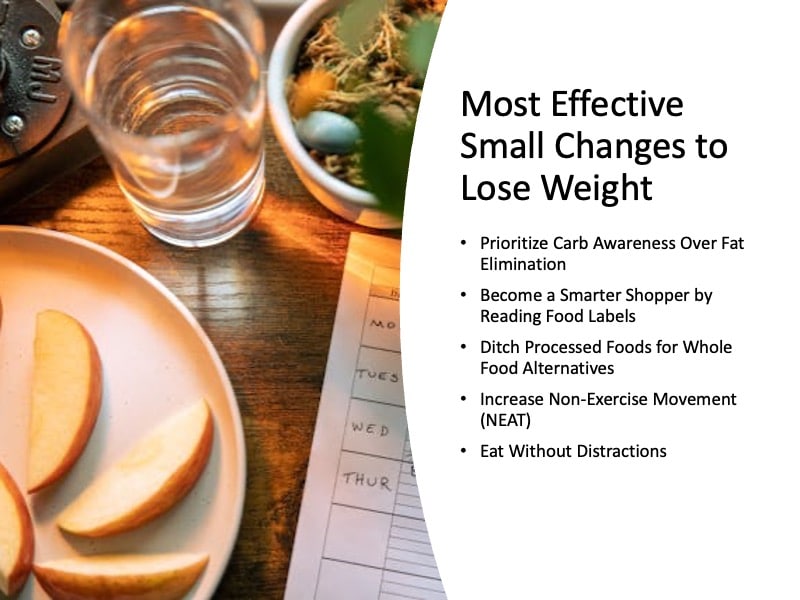
Not all habits deliver the same results, as some small changes pack a bigger punch than others when it comes to fat loss and overall health.
The most effective small changes to lose weight are those that improve metabolic efficiency, reduce inflammation and make healthy decisions easier to repeat.
They don’t require extreme effort or sacrifice—just consistency and a willingness to improve your routine little by little.
These evidence-backed shifts are designed to fit into any lifestyle and help you build momentum toward sustainable results.
Prioritize Carb Awareness Over Fat Elimination
One of the most impactful small diet changes to lose weight is monitoring your intake of refined carbohydrates.
Carbohydrates, especially those from ultra-processed sources like white bread, pastries, or sugary drinks, can spike insulin and drive fat storage more than dietary fat.
Reducing added sugars and swapping in fiber-rich whole grains is a subtle shift that supports metabolic function and appetite regulation.
Prebiotic fibers, found in foods like onions, garlic, leeks, oats, and legumes, nourish beneficial gut bacteria, which play a role in weight regulation, inflammation control, and appetite signaling (Slavin, 2013).

Small change: Replace refined carbs with vegetables, legumes, or whole grains like quinoa or farro in your meals.
Become a Smarter Shopper by Reading Food Labels
One of the easiest small habit changes to lose weight is simply reading what’s in your food.
Front-of-package marketing can be misleading, but the nutrition label reveals what really matters, such as added sugars, sodium content, serving size, and quality of ingredients.
If you’re trying to lose weight on a budget, using cashback apps like Ibotta can help you save money on healthy groceries like produce, whole grains, and lean proteins—making nutritious choices more accessible.
Small change: Choose products with fewer than 5 ingredients, no added sugar, and a fiber-to-carb ratio of at least 1:10.
Ditch Processed Foods for Whole Food Alternatives
Small lifestyle changes to lose weight often start with improving the quality of your food choices, not just the quantity.
- Processed foods are those that have been altered from their natural state for convenience or preservation, like canned beans, yogurt, or frozen vegetables. These can still be part of a healthy diet when minimally modified.
- Ultra-processed foods, however, are industrially manufactured products loaded with additives, refined sugars, unhealthy fats, and artificial flavorings—think chips, packaged snacks, sugary cereals, and fast food.
Processed and ultra-processed foods are often engineered for hyper-palatability, which can lead to overeating and chronic inflammation (Sutton et al., 2024).
Whole foods, on the other hand, tend to be more nutrient-dense and naturally satisfying.
Small change: Cook at least three meals per week at home using whole ingredients like lean meats, legumes, vegetables, and healthy fats.
Increase Non-Exercise Movement (NEAT)
You don’t need to train like an athlete to lose weight; just keep moving!
Non-Exercise Activity Thermogenesis (NEAT), all the movement you do outside structured workouts, has a major impact on daily calorie burn.
Research shows that people’s caloric expenditure via NEAT activities can differ by as much as 2000 kcal per day (Levine et al., 2005).
Parking farther away, walking while on calls, and using the stairs are all effective.
Small change: Add 15 extra minutes of walking per day, or aim to hit 8,000–10,000 steps consistently.
Eat Without Distractions
One of the most overlooked small habit changes to lose weight is practicing mindful eating by removing distractions during meals.
Eating in front of the TV, scrolling through your phone, or working while you eat can lead to overeating because your brain isn’t fully registering satiety signals.
Research shows that distracted eating is linked to increased calorie intake and reduced meal satisfaction (Robinson et al., 2013).
Small change: Sit at a table, slow down your bites, and pay attention to flavors, textures, and fullness cues during each meal.
Weight Loss Tips to Support Your Long-Term Success
While small changes are powerful, pairing them with proven long-term weight loss strategies can significantly improve your results and help you maintain progress for life.
For some people, especially those with underlying conditions or a history of weight loss resistance, small changes might not be enough on their own.
FDA-approved weight loss medication can be a legitimate tool when paired with healthy habits and proper lifestyle changes.
However, these should always be discussed with a medical professional who can assess potential benefits versus risks.
Regardless, these weight loss tips will support your long-term success, whether you use weight loss medication as well or not.
Focus on Consistency, Not Perfection
Weight loss isn’t about being perfect, it’s about being consistent over time.
Don’t let one off day derail your momentum.
Use the “never miss twice” rule: if you slip up, get back on track with your next meal or workout.
Track What Matters
Awareness is key.
Use tools like food diaries, fitness trackers, or apps like MyFitnessPal to stay mindful of your calorie intake, physical activity, and sleep habits.
Even occasional tracking can help you identify trends and improve behavior.
Prioritize Protein and Fiber
Meals high in protein and fiber support satiety, metabolic health, and lean muscle retention during weight loss.
Aim for protein with every meal and include fiber-rich foods like beans, veggies, and oats.
Manage Stress & Sleep
Chronic stress and poor sleep can disrupt hormones like cortisol and ghrelin, which affect hunger and fat storage.
Practices like prayer, deep breathing, journaling, and a consistent sleep schedule support your metabolism and recovery.
Stay Hydrated
Water supports digestion, reduces cravings, and improves energy levels.
Drinking a glass before meals can even reduce calorie intake by promoting fullness.
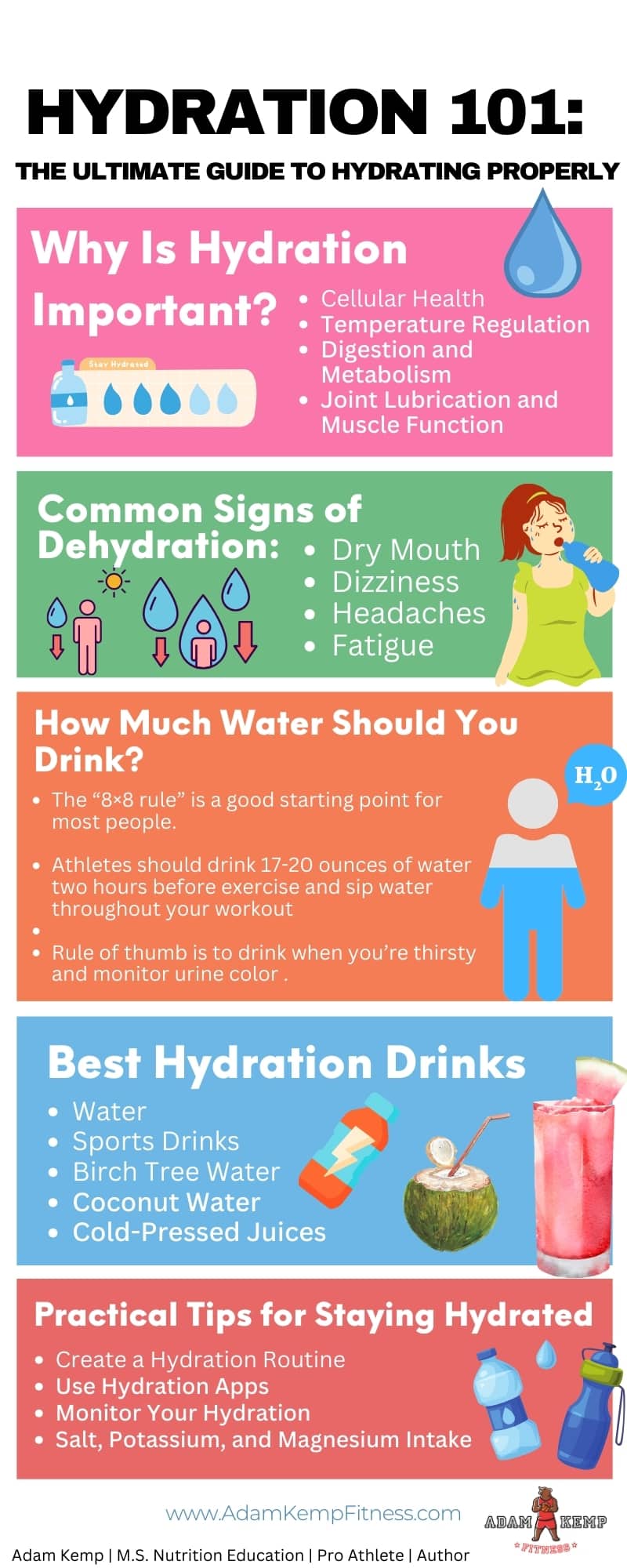
Build a Support System
Surround yourself with people who support your goals.
Whether it’s family, friends, or an online community, accountability can help you stay motivated and consistent.
Make It Enjoyable
The best plan is the one you can stick with.
Find physical activities you love, cook healthy meals you enjoy, and build habits that enhance—not restrict—your life.
Final Thoughts: How to Use Small Changes to Lose Weight Consistently
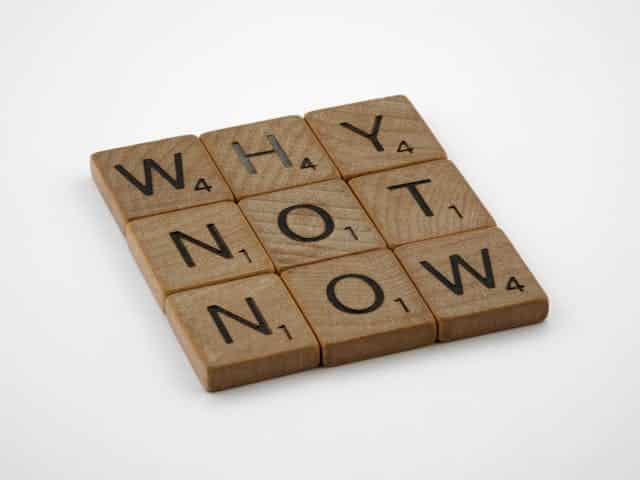
Making small changes to help lose weight isn’t about being perfect; it’s about being consistent.
Minor adjustments to your diet, daily habits, and mindset accumulate into real results when done consistently.
Even if you’re not seeing immediate scale drops, your body is likely improving its metabolic flexibility, hormone balance, and inflammation response behind the scenes.
Weight loss is never linear, but sustainable progress always starts with small, intentional steps.
For a quick reset to your overall health, sign up for my email newsletter and receive my free 7-Day Detox plan, which walks you through a full week of clean eating, mindful movement, and lifestyle changes that work.
Subscribe to My Newsletter

Subscribe to my newsletter to receive occasional updates on new articles and health and fitness tips. Also, you will receive my 60-page eBook on resetting your body and mind in 7-days for FREE!

